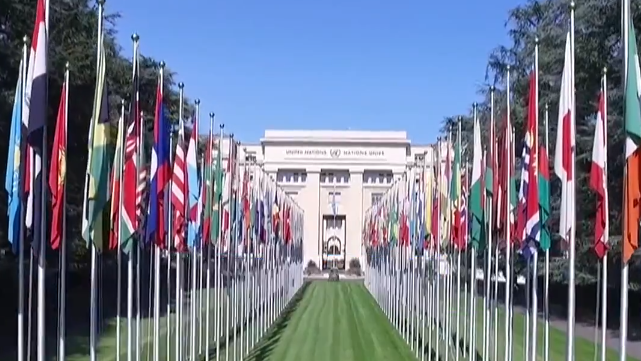Institutional Integrity:
The Cornerstone of Sustainable Development
In the pursuit of a just and equitable society, Institutional Integrity emerges as a fundamental pillar upon which our collective aspirations rest. At the heart of Sustainable Development Goal (SDG) #16 lies a profound acknowledgment: without Peace, Justice, and Strong Institutions, our journey towards a sustainable future remains perilously incomplete. It is within the fortified walls of these institutions that the intricate tapestry of our social contract is woven, safeguarding the rights and freedoms of every individual.
Institutions, both national and international, bear the weighty responsibility of delivering on the promises enshrined within the social contract. From the lofty chambers of global governance to the local corridors of justice, their role in upholding transparency, fairness, and accountability cannot be overstated. Yet, as we navigate the complex terrain of societal evolution, we confront formidable challenges that threaten the very fabric of these institutions.

In our interconnected world, where global challenges transcend borders with unprecedented ease, the need for Strong Global Institutions has never been more pressing. The United Nations, as the apex body of international cooperation, stands as a beacon of hope amidst the tumultuous seas of uncertainty. Empowering the UN to address issues of Peace, Environmental Protection, and Human Rights is not merely a suggestion but a moral imperative.
Similarly, at the national level, institutions must rise to the occasion, ensuring that the social contract is upheld with unwavering fidelity. National governments wield immense power in shaping the destiny of their citizens, and it is incumbent upon them to ensure that every individual is afforded the opportunity to lead a dignified life. Yet, this mandate comes with a caveat: prosperity must not be achieved at the expense of others, both within and beyond national borders.
However, as we embark on this noble quest for institutional excellence, we must confront the harsh realities that beset our existing frameworks. Loopholes and Corruption Gateways lurk in the shadows, threatening to undermine the very foundations of justice and equity. Identifying and remedying these vulnerabilities is essential if we are to fortify our institutions against the corrosive forces of malfeasance.

To illustrate the significance of Institutional Integrity, let us turn our gaze to the world of professional sports, where the National Football League (NFL) stands as a paragon of effective institutional governance. Like every professional sports league, the NFL comprises several teams that collaborate in the pursuit of a common goal while simultaneously competing for championships and financial rewards. It is the epitome of “coopetition” – a harmonious blend of cooperation and competition.
Central to the integrity of the NFL are two entities: the Commissioner’s Office and the Referees. The Commissioner, akin to a government, oversees the league’s operations, ensuring that teams and owners adhere to established rules and regulations. Meanwhile, the Referees serve as the arbiters of justice on the field, enforcing policy and adjudicating disputes. Together, they form the bedrock upon which the integrity of the sport rests. However, if either of these entities were to succumb to bribery, corruption, or bias, the entire foundation of the NFL would crumble.

Similarly, in the realm of governance, Institutional Integrity serves as a bulwark against the encroachment of corruption and injustice. When institutions are compromised, trust evaporates, leaving society vulnerable to exploitation and disillusionment.
In conclusion, the need for Institutional Integrity cannot be overstated. As we strive to achieve the lofty ideals encapsulated within SDG#16, let us heed the call to fortify our institutions with unwavering resolve. Only through the steadfast commitment to transparency, fairness, and accountability can we pave the way toward a future where peace, justice, and prosperity prevail for all.
Tony Redman
“All content © 2024 Mark Anthony Redman / Advoc8 4 Change. Unauthorized reproduction prohibited.”
